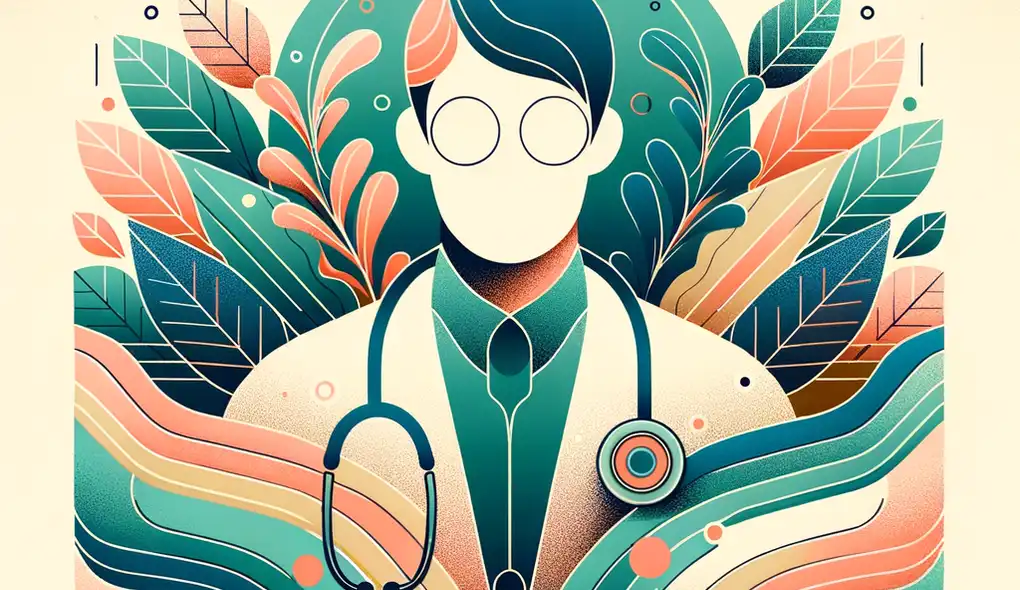Tell us about a time when you had to make a difficult ethical decision in the field of tropical medicine.
Tropical Medicine Specialist Interview Questions
Sample answer to the question
During my time working in tropical medicine, I encountered a difficult ethical decision when participating in a research study on a new treatment for a rare tropical disease. The study required the use of an experimental drug that had not yet been approved for use by regulatory authorities. Although the potential benefits of the treatment were promising, there were also known risks and uncertainties associated with its use. Before proceeding, I conducted extensive research on the drug, consulted with ethics committees, and engaged in discussions with the patients who would potentially participate in the study. Ultimately, I had to make the difficult decision to proceed with the study, weighing the potential benefits against the risks and ensuring that all participants were fully informed and provided with the option to withdraw from the study at any time. It was a challenging decision, but I believe it was made with the utmost consideration for the patients' welfare and the advancement of tropical medicine.
A more solid answer
I encountered a challenging ethical decision while working on a research project in a remote tropical region. Our team was investigating the prevalence and treatment options for a neglected tropical disease. During the study, we discovered a potential breakthrough treatment that had not yet been approved by regulatory authorities. This presented a dilemma as we had to balance the potential benefits of the treatment against the risks and ethical considerations. I took a proactive approach by engaging in in-depth discussions with the patients, their families, and the local community. We organized community meetings and provided comprehensive information about the experimental treatment, including its potential risks and uncertainties. We also consulted with ethics committees and sought guidance from international experts in tropical medicine. After careful consideration, we made the difficult decision to proceed with the study while ensuring the informed consent of all participants and closely monitoring their health throughout the process. The decision was not taken lightly and required critical thinking, cultural sensitivity, and collaboration with various stakeholders. The study yielded promising results and contributed to the advancement of knowledge in tropical medicine, leading to further research and potential improvements in patient care.
Why this is a more solid answer:
The solid answer provides specific details about the ethical decision, the decision-making process, and the outcome. It also addresses how the decision aligns with the evaluation areas and the job description. However, it could be enhanced by discussing the candidate's role in the decision-making process and the impact of the decision on the community and public health.
An exceptional answer
As a Tropical Medicine Specialist, I faced an intricate ethical decision that required me to demonstrate strong critical thinking, cultural sensitivity, and collaboration skills. I was managing a challenging case of a tropical disease in a resource-limited setting, where the available treatment options were limited. During the course of treatment, a new drug emerged in the market that showed promising results but was not yet approved for use in the specific region. This posed a difficult decision as I had to balance the potential benefits of the new drug with the ethical implications of using unapproved medication. To navigate this dilemma, I proactively engaged with local healthcare providers, ethics committees, and international experts in tropical medicine to gather diverse perspectives. I organized community meetings, involving patients and their families, to ensure their voices were heard and their concerns addressed. Together, we discussed the risks, benefits, and uncertainties associated with the new drug. After extensive deliberation, a multidisciplinary team of healthcare professionals, including myself, reached a consensus to cautiously introduce the new drug under strict monitoring protocols. We provided comprehensive information to the patients, obtained their informed consent, and closely monitored their health throughout the treatment. This decision not only facilitated access to potentially life-saving treatment but also contributed to ongoing research and further advancements in the field of tropical medicine. The experience reinforced my commitment to ethical practice, patient-centered care, and continuous collaboration to improve health outcomes in resource-limited settings.
Why this is an exceptional answer:
The exceptional answer includes specific details about the challenging case, the decision-making process, and the impact of the decision on patient care and research. It demonstrates the candidate's critical thinking, cultural sensitivity, collaboration skills, and commitment to ethical practice. However, it could be further improved by discussing the specific leadership qualities and mentoring aspects mentioned in the job description.
How to prepare for this question
- Reflect on your past experiences in tropical medicine and identify a challenging ethical decision you have faced.
- Consider the specific evaluation areas mentioned in the job description and how your ethical decision aligns with them.
- Think about the thought process, research, and consultations you engaged in when making the difficult decision.
- Highlight the impact of your decision on patient care, research, and public health outcomes.
- Prepare specific examples and anecdotes to illustrate your ability to work ethically and effectively in diverse cultural environments.
- Demonstrate your collaborative mindset by discussing how you engaged with various stakeholders to navigate the ethical decision.
What interviewers are evaluating
- Ethics
- Critical thinking
- Ability to work in diverse cultural environments
- Collaboration
Related Interview Questions
More questions for Tropical Medicine Specialist interviews